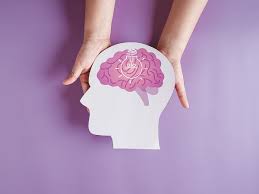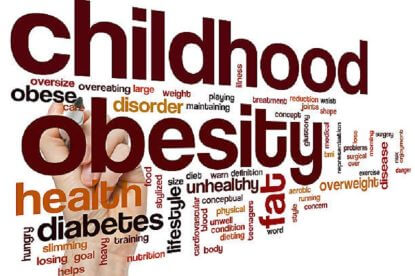Know causes, symptoms and treatment of epilepsy which Shefali Jariwala suffered from 15 years
Sun 29 Jun 2025, 01:31:02

Shefali Jariwala, an actress and dancer, passes away at the age of 42. According to police sources, Shefali had been battling epilepsy for nearly 15 years. While the exact cause of her death is yet to be confirmed, her family has hinted that she was undergoing medical treatment at the time.
In a throwback interview, she spoke up about her health issues and why she left her business. Shefali previously told Etimes that she has epilepsy and has had it since she was a youngster. Opening up about how it started, she said, “I had an epilepsy seizure at the age of 15. I remember at that time I was under tremendous pressure to do well in my studies. Stress and anxiety can lead to seizures. It’s interrelated; you could get a seizure due to depression and vice versa."
What is Epilepsy?
Epilepsy is a chronic neurological disorder that causes recurrent seizures. It affects around 50 million people globally and can begin at any age. With proper treatment and lifestyle changes, most people with epilepsy can lead normal lives.
What is a seizure?
A seizure is a sudden surge of abnormal electrical activity in the brain. It can affect how a person acts, moves, feels, or remains conscious for a short time.
Causes of Epilepsy
In many cases,
the cause is unknown. But known causes include:
the cause is unknown. But known causes include:
. Genetic factors – Inherited traits or mutations.
. Brain injury – Trauma from accidents, strokes, or infections.
. Developmental disorders – Conditions like autism or neurofibromatosis.
. Infections – Meningitis, encephalitis, or HIV.
. Prenatal injury – Lack of oxygen or poor brain development in the womb.
. Brain tumours or structural issues.
Symptoms of Epilepsy
Symptoms vary depending on the type of seizure but can include:
General Symptoms:
. Temporary confusion or “blanking out”
. Uncontrolled jerking movements (convulsions)
. Loss of consciousness or awareness
Treatment Options
. Antiseizure medications — up to 70% effectiveness in seizure control.
. Lifestyle adaptations — stress management, sleep regularity, exercise, and seizure-safe planning.
. Support systems — therapy for emotional wellness, family or peer support.
. Surgical interventions — for select cases with localised brain lesions.
. Emerging therapies — responsive neurostimulation and diet-based approaches like keto, applicable in specific scenarios.
No Comments For This Post, Be first to write a Comment.
Most viewed from Health
AIMIM News
Latest Urdu News
Most Viewed
May 26, 2020
Is it right to exclude Bangladesh from the T20 World Cup?
Latest Videos View All
Like Us
Home
About Us
Advertise With Us
All Polls
Epaper Archives
Privacy Policy
Contact Us
Download Etemaad App
© 2026 Etemaad Daily News, All Rights Reserved.

























.jpg)
.jpg)
.jpg)


